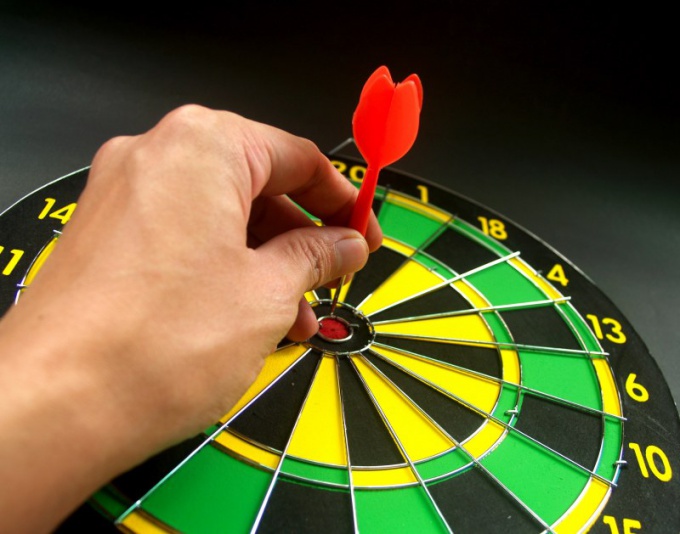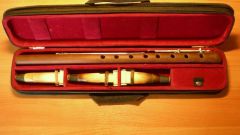Instruction
1
Take the dart and place it in his open palm. Try to feel where his centre of gravity. Gently roll the dart to your finger tips, placing the thumb so that it was found by the center of gravity.
2
Hold the shell with two, three, four or all five fingers. The brush lead to the sighting position. Ensure that the end of the dart pointing up. Make sure that the fingers touch only the metal part (body) of the dart. Not to touch the shank and tail. Don't squeeze fingers into a fist. Fingers that are not involved in the grip, set aside, or keep them as you wish. Watch carefully for little finger – if you press it to the palm, the fingers will reflexively tense up, which will affect the quality of the grip.
3
Do not strain your muscles. Hold the dart so that it could not slip out of hands. Try to send a dart flying strong and precise movement, hold down the selected direction of the projectile.
Note
Darts can have different types of chassis. Long shells require the use of a larger number of fingers, and Vice versa. You need to choose the dart that is best for your palm. Better to train with shells of various lengths and choose the most convenient.
Useful advice
To learn, whether not too much you compress the dart, look at your fingers. If you see that they were white, then the grip is too strong and the hand need to relax. Try to keep the shell hard, but at the same time with sufficient freedom. Better if the hand is softer than stiff. The more fingers involved in the grip, the better control over the dart. The main mistake of the novice – the so-called "lubrication" of the dart when released. This is reflected in the trajectory, and the projectile misses the target.

